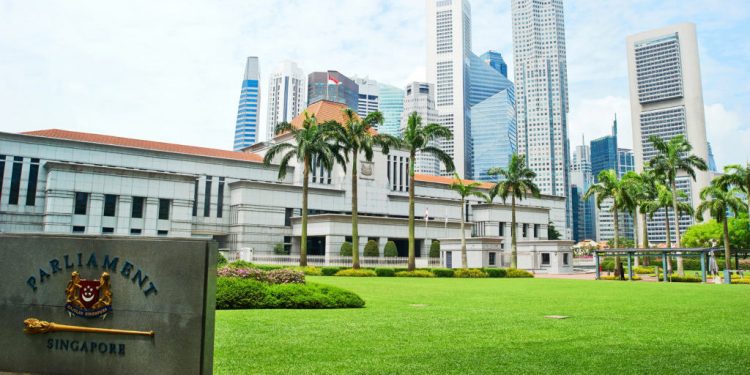Labour Member of Parliament Patrick Tay called on the Government late last week to expand, extend and enhance the Employment Act (EA) to have Singapore’s laws stay relevant in his latest opinion piece on this site.
The Manpower Ministry states that the Employment Act is Singapore’s main labour law that “provides for the basic terms and working conditions for all types of employees, with some exceptions”. The law states the rights of workers and the obligations of both workers and employers.
So, what will workers get if the Government accepts Mr Tay’s recommendations?
-
PMEs earning more than $4,500 a month will have equal protection and rights.
With the mention of “exceptions”, we realise that not all employees are covered under the Employment Act. One group is the professionals, managers and executives (PMEs) earning more than $4,500.
Let’s take for instance the real-life case of Mr Lim (not his real name), who received immediate notice of termination of his employment.
Mr Lim used to work as a general manager and believed he was a victim of disguised retrenchment.
In his two years at the company, Mr Lim had always done well at work and even received praises by the head office right up to the point of his termination.
However, since Mr Lim was a PME who earned more than $4,500 a month and not covered under the Employment Act, there was only so much relevant authorities like the Manpower Ministry and unions could do.
As rightly put by Mr Tay in his blog, the number of PMEs is on the rise and one day will form most of the workforce. There is a good chance that we will see more cases like Mr Lim’s in the years to come if the salary cap is not removed.
Mr Tay also said that some management will cite the salary ceiling in the Employment Act when unions try to collectively negotiate for PMEs above the salary of $4,500. Removing this ceiling under the Act will lend more weight to unions and allow them to truly collectively represent all workers.
Of course, we can argue that there is the Employment Claims Tribunal (ECT) and Tripartite Alliance for Dispute Management (TADM) to help resolve disputes for PMEs, but as Mr Tay pointed out, those have its limitations as well. Which brings us to the next point.
-
The ECT will be able to cover wrongful dismissal cases beyond salary related claims.
As mentioned above, PMEs who earn more than $4,500 can bring their cases to the ECT for a speedier resolution of their disputes. However, those are limited to salary-related claims.
Union members can count on their union to help them file individual cases to the Manpower Ministry. But what about those without unions to back them up?
So, if Mr Tay’s call is heard, the ECT will be empowered to cover wrongful dismissal cases, which would undoubtedly give PMEs a more holistic form of protection.
-
More non-workmen and workmen will be entitled to overtime pay.
But what exactly are workmen and non-workmen?
Manpower Minister Lim Swee Say gave us this definition in Parliament in July 2016.
He said: “‘Workmen’ refer to blue-collar workers who operate machinery and vehicles or are involved in manual labour, such as cleaners, construction workers and labourers. ‘Non-workmen’ refer to white-collar workers who are not in managerial or executive positions, such as clerks and receptionists.”
One part of the Employment Act covers the work hours and entitlement of workers for overtime hours – but it has a salary-limit. Only non-workmen earning less than $2,500 and workmen earning less than $4,500 are entitled to overtime pay.
The last time the threshold was raised for the salary of non-workmen under the law was in 2014, where it was increased from $2,000 to $2,500. The salary threshold of workmen, however, remained constant at $4,500.
So, if the Government accepts the call to raise the wage limit, we should start seeing more workers being fairly compensated for clocking more hours at work.

